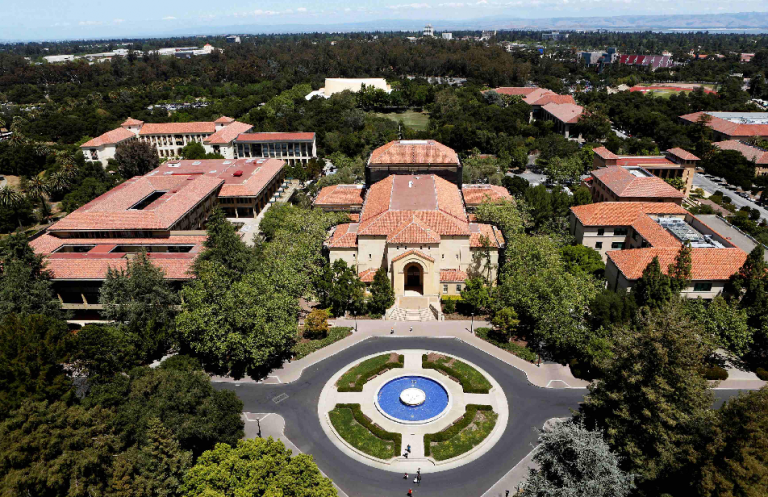
By Nnamdi Odumody
There is an important linkage between town and gown i.e. the university and the development of the society. Every successful nation which has a thriving entrepreneurial culture has the ivory tower as the pillar through which this is achieved.
Silicon Valley which is the world’s most successful entrepreneurship and innovation ecosystem arose courtesy of a Stanford University Professor named Frederick Terman who inspired two students – William Hewlett and David Packard – who wanted to build an electronics business in 1939 with $538. They used that money to establish Hewlett Packard, now a multibillion dollar Fortune 500 business.
Register for Tekedia Mini-MBA edition 18 (Sep 15 – Dec 6, 2025) today for early bird discounts. Do annual for access to Blucera.com.
Tekedia AI in Business Masterclass opens registrations.
Join Tekedia Capital Syndicate and co-invest in great global startups.
Register for Tekedia AI Lab: From Technical Design to Deployment.
The success of HP encouraged Herman to get Stanford University to lease portions of its land in the Stanford Research Park which gave birth to what is now known as Silicon Valley, contributing not less than $2trillion to the U.S GDP annually. The Massachusetts University of Technology contributes not less than $1 trillion annually to the American economy through commercialization of invention as a result of companies which have sprung from its Research Park.
University of Arizona’s Technology Park contributes $2.33 billion annually to the regional economy. The University of Chicago’s Booth Business School’s Polsky Exchange has developed 100 companies including GrubHub some of which are now worth $10 billion.
China’s successful startup ecosystem can be traced to Chen Chunxian, a research fellow of the Chinese Academy Of Sciences, who went on a trip to Silicon Valley in 1980, and was inspired by what he saw, and decided to convert Zhongguancun, an area in Beijing which was close to the Chinese Academy of Sciences, and China’s Ivy League universities Peking University and Tsinghua University, to science and technology Park. In 2014, it produced many new startups with revenues of 3.5 trillion renminbi($560billion).
The Weizmann Institute of Technology in Israel set up a technology transfer agency named YEDA (Knowledge) to commercialize its research which has anchored thousands of successful companies and products. It has amassed more than two billion shekels (about $400million).
Hebrew University of Jerusalem’s technology transfer company Yissum (implementation) earns over $1 billion annually from research commercialization and has registered not less than 6000 patents and 2000 inventions. Technion Israel Institute of Technology has graduated over 67,000 technology entrepreneurs and professionals who became the foundation of Israel’s successful high-tech industry, some of which include Dov Moran who invented the USB flash drive and Dr Kira Radinsky who invented event prediction software which was used by startup Sales Predict which eBay later acquired.
Nigerian universities should learn from these successful global examples to create successful entrepreneurship and innovation ecosystems which will increase their internally generated revenues and make them self-reliant, adding value to the local economy even when depending lesser on government for funding.



